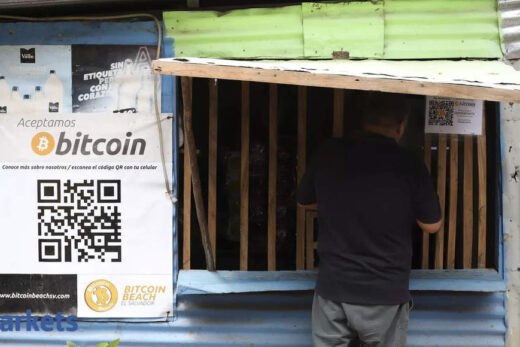The production loss, depending on the supply situation, is expected to pull down wholesale volumes to 2.9-3.1 million units in 2021, from about 3.34 million units initially estimated by automotive consultancy firm Jato Dynamics. Passenger vehicle sales stood at 2.43 million units in CY2020 and peaked at 3.39 million units in CY2018.
“Both ‘chip and ship’ are huge constraints at the moment,” said Rajeev Chaba, president, MG Motor India. “Freight rates have gone up, sailing schedules are unpredictable because of the container issue. We are facing problems in every car line because of the chip shortage. Industry growth will definitely come down from what we had estimated, both at the beginning of the year and post the second wave of the pandemic.”
MG Motor India, which has a waiting period of eight to 16 weeks for its products, is operating at 50-60% of potential capacity due to the shortage of semiconductors.
- Semiconductor shortage to pull down industry growth rates
- Annual volumes likely to be 2.9-3.1 million units in CY2021
- Supply challenges have surfaced when demand peaks during festive season
- Industry already sitting on pending orders of 0.5 million units
- Semiconductor chip supplies expected to improve from Q1 of CY2022
- Chip supplies expected to take a year to stabilise; lockdown in key supply areas
Chaba said the supply of chips for the automotive industry is expected to improve in the first quarter of 2022. However, it may take up to a year for the situation to completely normalise.
Demand Outstripping Supply
Even as consumer demand rebounded quickly after the second wave of Covid-19, spurred by an increased preference for personal mobility, output hasn’t been able to keep pace. The situation deteriorated rapidly after Malaysia, a key sourcing hub in the global semiconductor supply chain, reimposed lockdowns. The shortage of semiconductors has hit global output as well. In the US, four of the largest carmakers – General Motors, Honda, Stellantis and Nissan – reported a double-digit decline in sales last quarter as lack of chips forced them to keep assembly lines idle. In Europe, new car registrations fell 23.1% to 718,598 in September, from the year earlier, due to the semiconductor shortage.
Earlier this month, India market leader
said vehicle production volume will be 60% of the normal level in October, owing to the squeeze in electronic component supplies, stemming from the semiconductor drought. The company had cut output by 60% in September. Overall, passenger vehicle sales declined 37% to around 185,000 units in September. Carmakers such as Hyundai Motor India, Kia India and Mahindra & Mahindra (M&M), among others, reported a double-digit drop in factory dispatches in September on the back of supply constraints.



